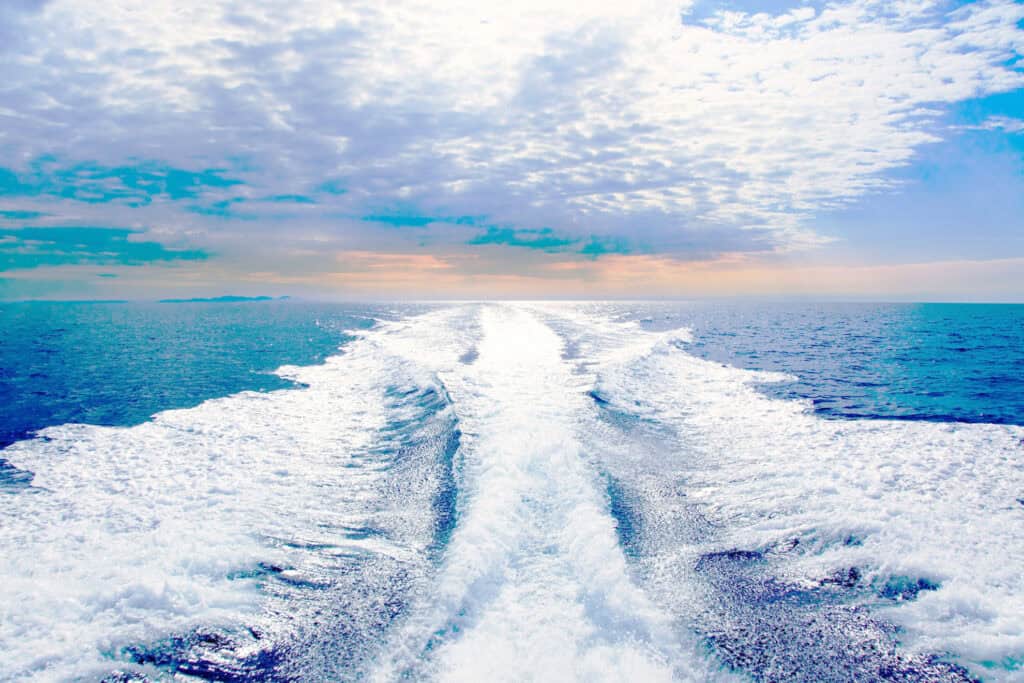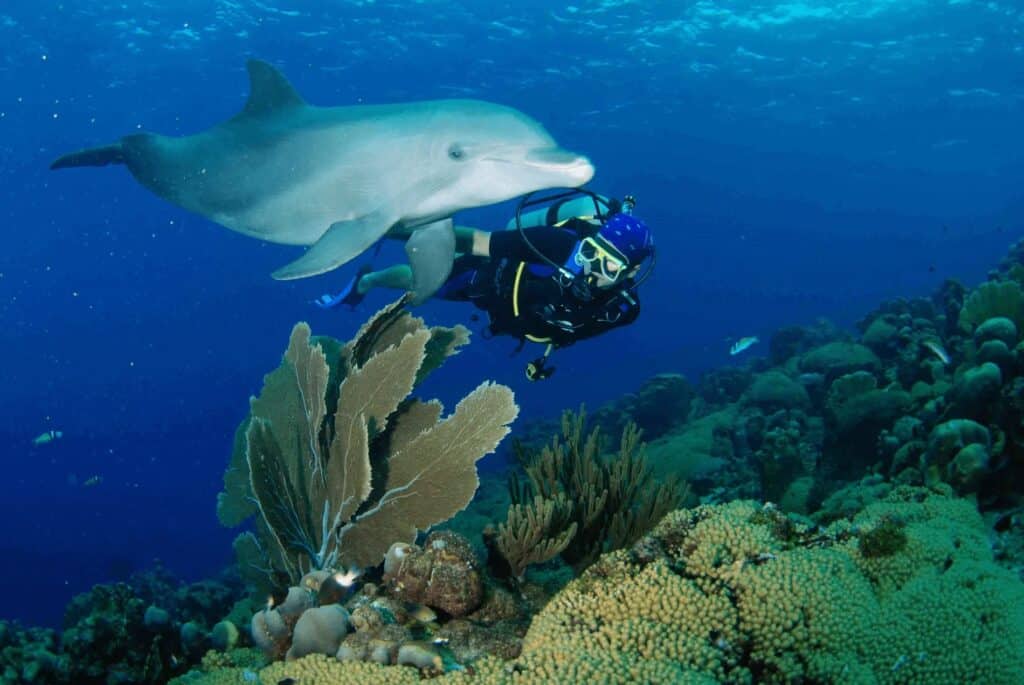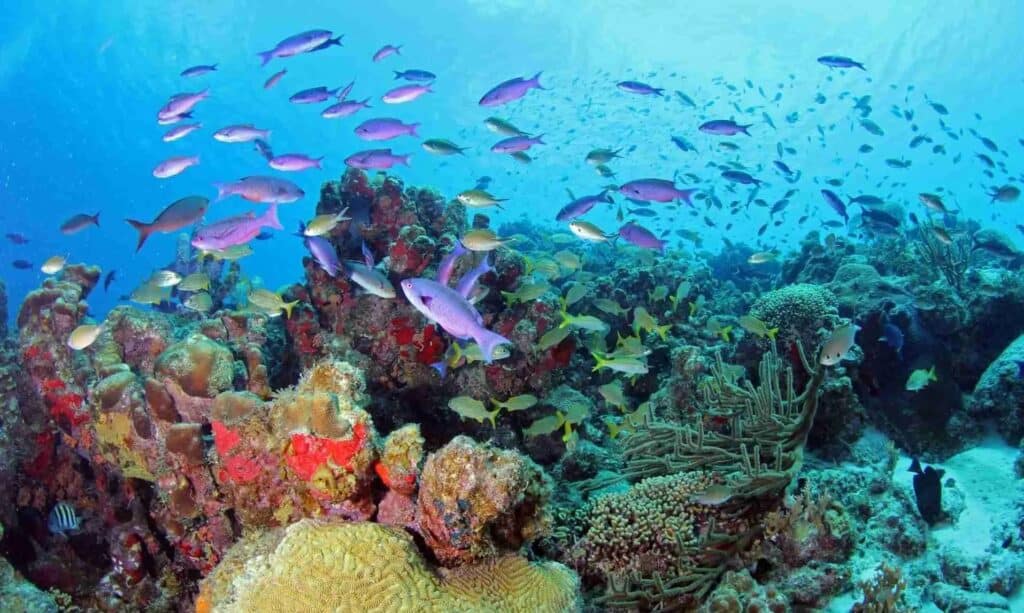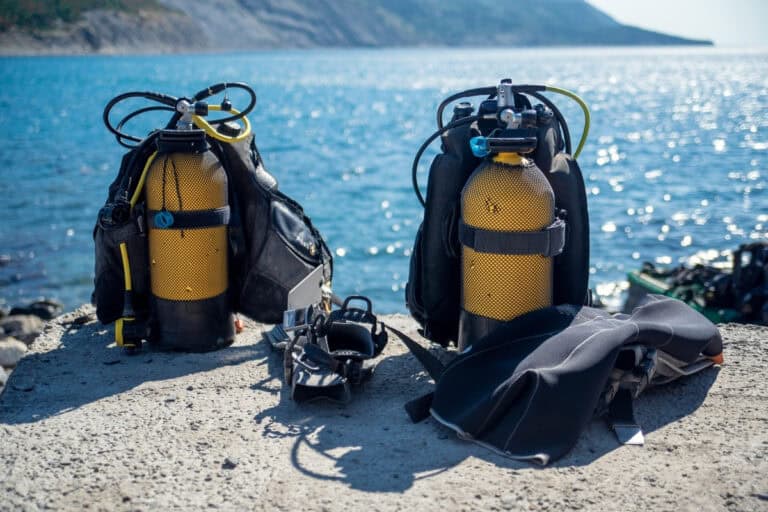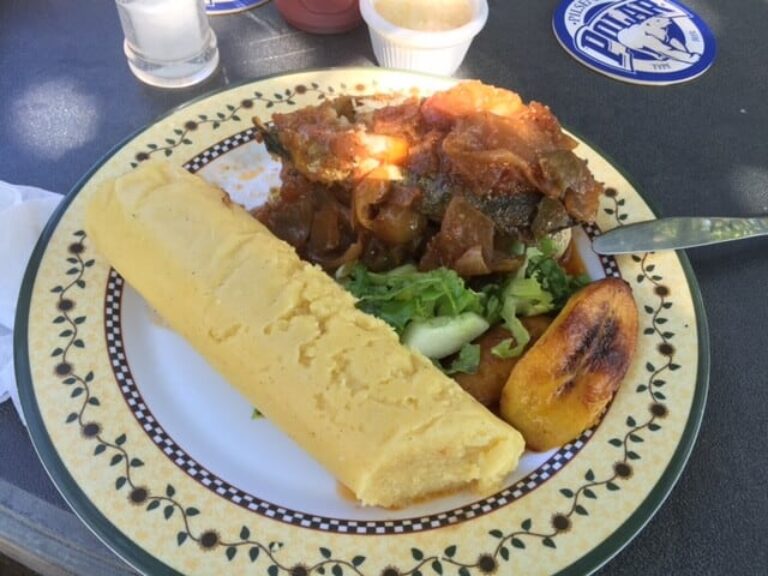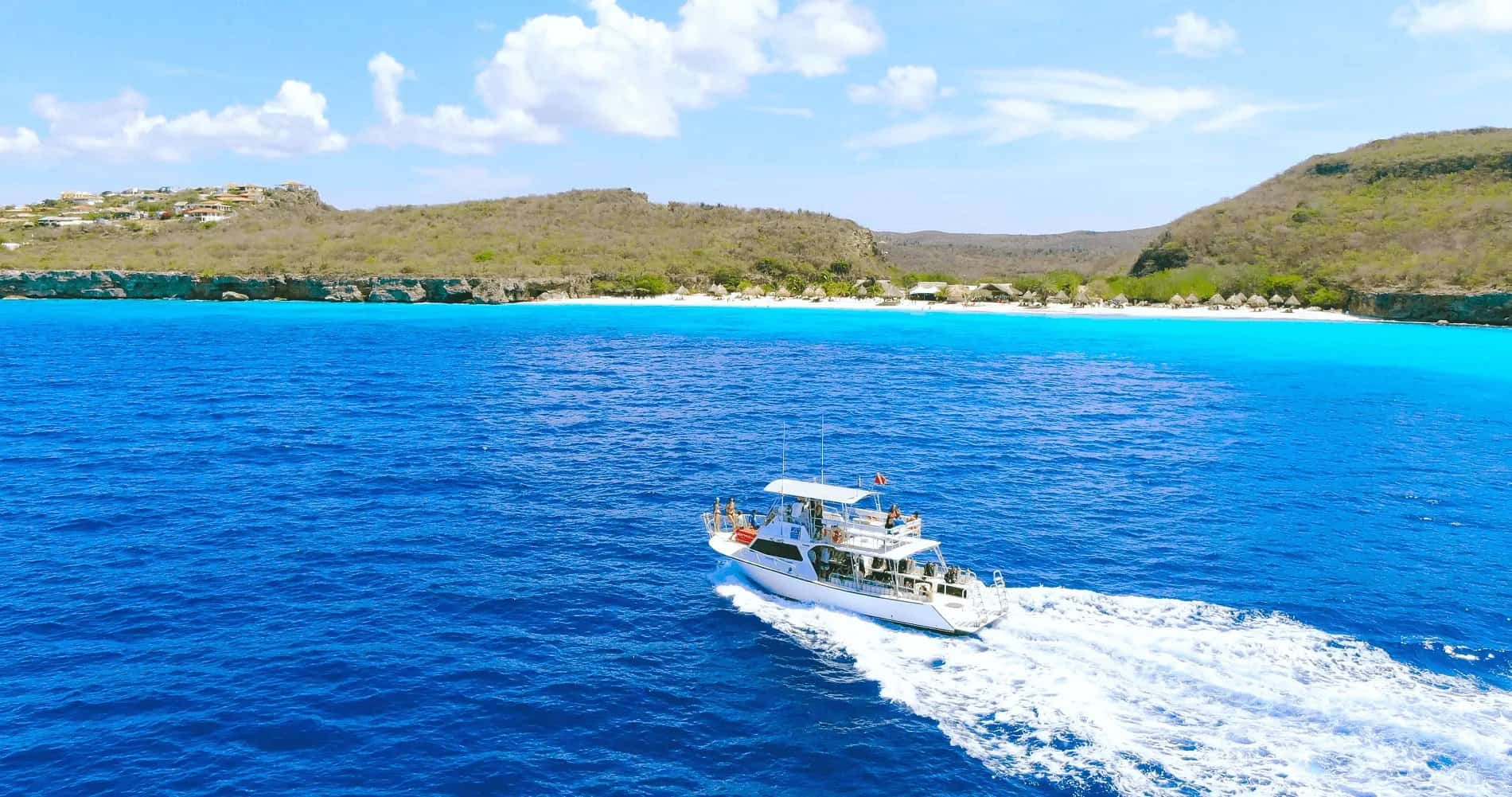
Do I need cash in Curaçao?
Do I need cash in Curaçao?
Are you wondering whether you should stuff your wallet with bills or rely on your cards during your island adventure?
What you need to know about paying on the island
You don’t need to carry large amounts of cash in Curaçao, but having some local currency on hand makes your trip smoother. The official currency is the Netherlands Antillean Guilder, though many places accept US dollar bills as well. Most restaurants, hotels, and larger shops throughout Willemstad and tourist areas welcome major credit cards without hassle. However, you’ll find that small vendors, local food stands, and some gas stations prefer or only accept cash transactions.
For the best exchange rate, withdraw guilders from ATM machines at locations like Renaissance Mall or Sambil Shopping Mall rather than exchanging cash at the airport. Banks such as Maduro & Curiel’s Bank and Banco di Caribe offer reliable services, though they charge a conversion fee. Keep in mind that while credit cards work well in developed areas, you’ll want cash when visiting local markets, beach shacks near spots like Kenepa Grandi, or when tipping service staff. A smart approach is carrying around $50-100 in cash for daily expenses while using your card for larger purchases and activities.
Luxury car rentals in Curaçao
Experience transparent pricing and exceptional service with Rent Car Curaçao. Choose from luxury vehicles elevate your Curaçao adventure.
Smart ways to access and use money on the island
Understanding how to manage your funds effectively helps you avoid unnecessary fees and ensures you’re always prepared for any purchase. From choosing the right card to finding the best withdrawal spots, these practical tips make financial planning on the island straightforward.
Using credit and debit cards effectively
Most establishments throughout the island accept major credit cards, including Visa, Mastercard, and American Express. Before departure, contact your credit card companies to notify them of your travel plans and avoid unexpected blocks on your account. Many issuers charge international transaction fees, so consider cards that waive conversion fee charges. A handy tool like the ATM Fee Saver app helps you locate machines with the lowest withdrawal costs. When paying with cards, you’ll typically be asked whether to charge in US dollar or Antillean Guilder, and selecting the local option usually provides a better exchange rate than dynamic currency conversion.
Finding reliable ATM locations
Withdrawing cash from ATM machines offers more favorable rates than currency exchange counters. You’ll find convenient machines at Renaissance Mall and Sambil Shopping Mall, both centrally located with security nearby. Banks like Maduro & Curiel’s Bank and Banco di Caribe operate ATMs throughout Willemstad and near major tourist areas. Withdraw larger amounts less frequently to minimize transaction fees, though avoid carrying excessive cash for safety reasons. Most machines dispense both guilders and dollars, giving you flexibility based on where you plan to shop or dine.
Where cash is essential
While cards dominate at hotels and restaurants, cash transactions remain necessary in several situations. Many gas stations outside urban areas operate on a cash-only basis, particularly at night. Beach vendors near stunning spots like Kenepa Grandi along the Caribbean sea coastline typically don’t accept cards for snacks, drinks, or equipment rentals. Small vendors at local markets, roadside fruit stands, and family-run eateries prefer paper bills for quick service. Tipping service staff at restaurants, dive operators, and tour guides also requires cash, as gratuities rarely process well through card payments.
Shopping and payment options
Major shopping destinations like grocery stores and retail chains accept cards without issue, making stocking up on supplies convenient. When exploring local stores in residential neighborhoods or visiting UNESCO-listed streets in historic Punda and Otrobanda, you’ll discover charming boutiques where cash often speeds up transactions. The Lesser Antilles region, including Curaçao as part of the Kingdom of the Netherlands, benefits from modern banking infrastructure, yet smaller businesses appreciate the simplicity of direct payment without processing delays or fees.
Currency apps and exchange planning
Download a reliable currency converter app before arrival to quickly calculate prices and compare values between guilders and dollars. These tools prove invaluable when vendors quote prices in mixed currencies or when deciding whether to pay in local currency versus dollars. While the Netherlands Antillean Guilder maintains a fixed exchange rate with the dollar at approximately 1.79 guilders per dollar, having real-time conversion at your fingertips prevents confusion during purchases. Many visitors from Europe or Canada should also check their Canadian bank or European institution’s foreign transaction policies to understand applicable fees before making withdrawals or card purchases on the island.
Do I need cash in Curaçao? - FAQ
Is travel insurance recommended for visiting Curaçao?
Travel insurance is highly recommended to cover medical emergencies, trip cancellations, and lost belongings. The island has quality Medical Facilities including hospitals in Willemstad, but treatment costs can be significant without coverage. Ensure your policy covers water sports activities like scuba diving and jet skiing if you plan to participate, as many standard policies exclude these adventures. Check whether your plan includes emergency evacuation coverage, which provides peace of mind when exploring remote areas or engaging in Caribbean activities far from urban medical centers.
What safety precautions should I take against petty crime?
Petty crime like pickpocketing and bag snatching occurs mainly in crowded tourist areas and beaches, though the overall risk level remains low compared to many Caribbean destinations. Avoid displaying expensive jewelry or large amounts of cash, particularly in Willemstad’s busy shopping districts. Use hotel safes for valuables and passports. Many resorts and beaches employ private security for added protection. Stay alert in parking lots and avoid isolated areas after dark. Petty crimes can be minimized by taking common-sense precautions and remaining aware of your surroundings throughout your visit.
What emergency contact information should I have?
Keep the Emergency After-Hours Telephone number for your embassy saved in your phone, along with local emergency services (912 for police, 911 for ambulance). The Royal Netherlands Embassy in Willemstad provides consular assistance for citizens of the Kingdom of the Netherlands and can help with lost passports or legal issues. Save your hotel’s contact information and your customer service numbers for credit cards in case of theft. The Curaçao Tourist Board office downtown also offers assistance to visitors experiencing difficulties during their stay.
Do I need to complete any entry forms upon arrival?
All visitors must complete an Embarkation and Disembarkation Card, also called an immigration card, before passing through customs at the airport. This form requires basic information including passport details, accommodation address, and purpose of visit. Click the check box sections carefully regarding health declarations and customs items. Keep the departure portion with your passport as you’ll need it when leaving the island. Some airlines provide these cards during your flight, otherwise you’ll receive them at immigration. Visitors planning extended stays should inquire about residence permit or student visa requirements in advance.
What should I know about road safety and driving conditions?
Road signs throughout Curaçao follow international standards, though many appear in Dutch, Papiamentu, and English. Main highways are well-maintained, but secondary roads leading to beaches and national parks may have potholes or loose gravel. Follow local law requiring seatbelts for all passengers and avoid driving after consuming local beers like Amstel Bright. Dutch law influences traffic regulations since Curaçao is part of the Kingdom of the Netherlands. Watch for pedestrians in historic districts and be cautious of wild animals like iguanas crossing roads, particularly at dusk in rural areas.
Are there health entry requirements I should know about?
Curaçao maintains HIV/AIDS Restrictions that may affect certain long-term visa applications, though tourists typically face no health entry barriers. Check current vaccination recommendations before travel and ensure routine immunizations are current. No specific vaccinations are mandatory for most visitors, but consult your doctor about recommendations based on planned activities. The tourist board website provides updated health advisories. Tap water is safe to drink throughout the island. Consider bringing prescription medications in original containers with documentation, as pharmacies may require local prescriptions for refills during your stay.
What weather conditions should I prepare for?
Check the weather forecast before your trip, though Curaçao enjoys consistently warm, dry conditions year-round with temperatures averaging 80-88°F. The island sits outside the main hurricane belt, reducing Natural Disasters risk significantly compared to northern Caribbean destinations. Brief rain showers occur occasionally, usually clearing quickly. The dry climate means less humidity than many tropical islands. Pack reef-safe sunscreen, as the Caribbean sun is intense, especially during water activities. The constant trade winds from the Caribbean sea provide pleasant cooling breezes, making outdoor exploration comfortable even during midday hours throughout the year.
Can I bring my pet to Curaçao?
Bringing pets requires advance planning with specific documentation including health certificates, rabies vaccination records, and import permits obtained before travel. While some pet-friendly hotels accommodate animals, options are limited and require advance booking confirmation. Quarantine periods may apply depending on your country of origin and your pet’s vaccination history. Contact the local veterinary authorities at least six weeks before departure to understand current requirements. Consider whether your pet can handle the tropical climate and flight duration. Most tourists find arranging pet care at home more practical than navigating international pet travel regulations and restrictions.
What local beverages should I try besides Blue Curaçao?
Beyond the famous blue liqueur, try locally brewed Amstel Bright, a Caribbean lager popular throughout the island and available at restaurants, beach bars, and grocery stores. The Amstel Brewery on Curaçao produces this refreshing beer perfect for the tropical climate. Fresh fruit juices from local vendors offer non-alcoholic refreshment, particularly tamarind and passion fruit varieties. Many beach shacks near the Lesser Antilles coastline serve coconut water straight from the shell. Rum cocktails featuring local distilleries’ products complement Caribbean cuisine perfectly. Visit the distillery at Landhuis Chobolobo to taste various liqueur flavors and learn production history.
Where can I find the best customer service for tour bookings?
CuracaoTodo.com offers comprehensive customer service for comparing and booking island activities, from scuba diving excursions to jet skiing adventures and cultural tours. The platform helps you avoid email communications back and forth with multiple providers by centralizing options in one place. Book directly through the site to secure your favorite places and activities before arrival, ensuring availability during peak season. The Curaçao Tourist Board office in Willemstad also provides personalized assistance, maps, and recommendations. Both resources help visitors discover everything from UNESCO-listed streets in historic districts to hidden gems along the coast, making trip planning straightforward and stress-free.
Discover the Wonders
of Klein Curaçao
Experience the untouched beauty of Klein Curaçao, a hidden paradise with stunning beaches and rich marine life. Perfect for snorkeling, diving, or simply relaxing in the sun.
Popular subjects
Luxury car rentals in Curaçao
Experience transparent pricing and exceptional service with Rent Car Curaçao. Choose from luxury vehicles elevate your Curaçao adventure.
Subscribe to our newletter
Discover the Wonders of Klein Curaçao
Experience the untouched beauty of Klein Curaçao, a hidden paradise with stunning beaches and rich marine life. Perfect for snorkeling, diving, or simply relaxing in the sun.

